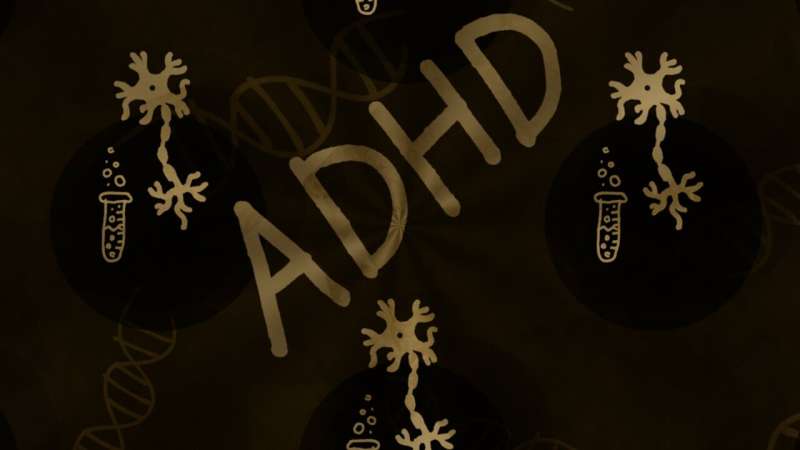This article has been reviewed according to Science X's editorial process and policies. Editors have highlighted the following attributes while ensuring the content's credibility:
fact-checked
peer-reviewed publication
proofread
Micro-cognition biomarkers redefine ADHD subtypes

Symptom-based ADHD diagnoses may not align with a patient's underlying neuropathy, making it harder to develop individualized treatment plans.
In a new study published in Psychiatry Research, a team led by Yale School of Medicine's Bruce Wexler, MD, identified four ADHD subgroups based on biomarkers observed during digital neurotherapy. The four patient clusters differed on emblematic features of ADHD:
- Cluster 4 showed poor response inhibition and inconsistent attention.
- Cluster 3 showed only poor response inhibition and the other two showed neither.
- Cluster 2 showed faster responses, higher detection of simple targets and better working memory than typically-developing children, but marked performance decrements when required to track multiple targets or ignore distractors.
- Cluster 1 showed much greater ability recognizing members of abstract categories (rather than natural categories that children learn through physical interaction with the environment), while Cluster 4 was the opposite.
Researchers say low-cost, non-invasive tests can help in developing and selecting treatments for individual patient needs.
More information: Bruce E. Wexler et al, Using micro-cognition biomarkers of neurosystem dysfunction to redefine ADHD subtypes: A scalable digital path to diagnosis based on brain function, Psychiatry Research (2023). DOI: 10.1016/j.psychres.2023.115348





















